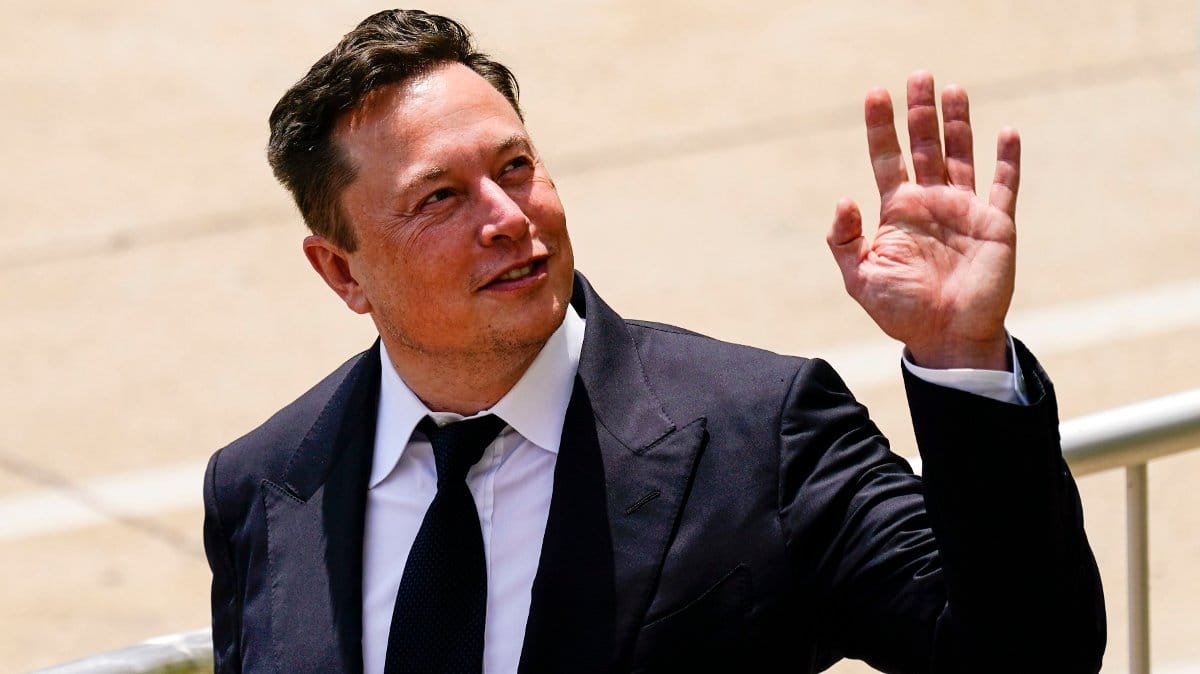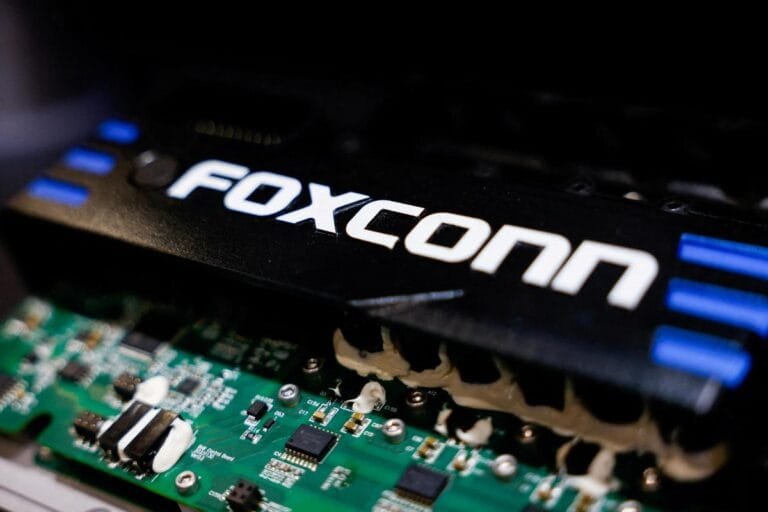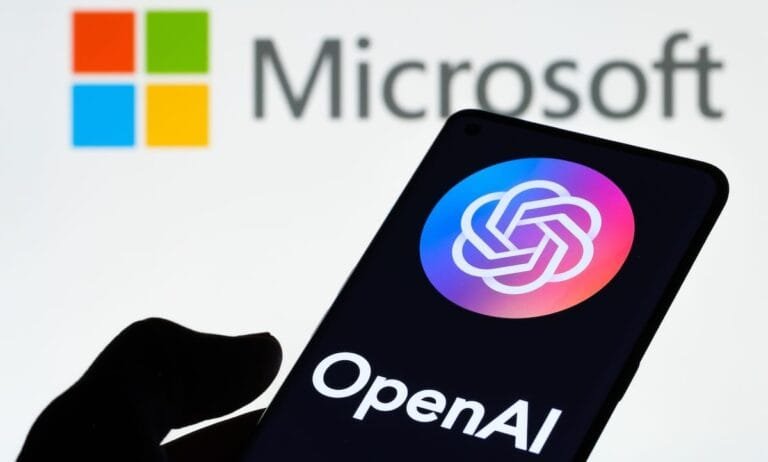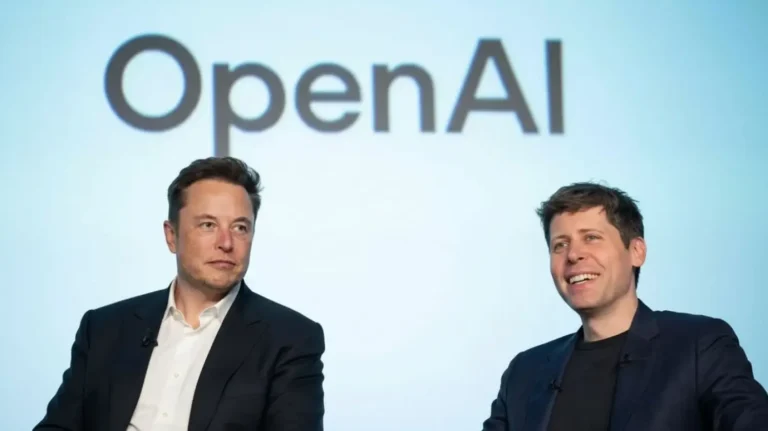
Elon Musk arrives at court amid the SEC lawsuit over his Twitter stake disclosure.
Elon Musk SEC lawsuit
Elon Musk, one of the richest men in the world and the CEO of revolutionary companies like Tesla and SpaceX, has once again embroiled himself in a legal dispute with the US Securities and Exchange Commission (SEC). The dispute relates to his failure to timely declare his stake in Twitter, now known as X, in 2022. The SEC filed a civil suit against Musk in January 2025 alleging that Musk deliberately delayed disclosing his stake in Twitter shares, causing him to purchase additional shares worth millions of dollars at a lower price and causing harm to other investors. On August 28, 2025, Musk filed a motion to dismiss the suit, calling the SEC’s allegations an attempt to target an individual for criticizing government interference and that the case is not only legally significant, but could also have broad economic and regulatory implications.
SEC case allegations and arguments
The US Securities and Exchange Commission (SEC) has made several serious allegations against Elon Musk in its lawsuit. According to SEC rules, when any investor acquires ownership of 5% or more shares of a public company. So he has to make a public announcement of it within 10 calendar days.
The purpose of this rule is to maintain transparency in the market and protect small investors from losses due to lack of information. Also, according to the SEC, Musk acquired ownership of 5% of Twitter shares in March 2022, and he should have announced it by March 24, 2022. But Musk announced it on April 4, 2022, with a delay of 11 days. During this delay, Musk bought additional shares of Twitter worth about $500 million (about Rs 4150 crore) at a lower price. And when Musk disclosed his 9.2% stake on April 4, Twitter’s stock prices rose by 27%. The SEC believes that if Musk had made the announcement on time, the stock prices would have already risen and he would have had to pay more to buy additional shares.
Musk’s response and defense strategy
Elon Musk has strongly denied the SEC’s allegations and filed a detailed petition to dismiss the lawsuit. His lawyers also argue that the case is a waste of court time and taxpayers’ resources. Musk’s defense strategy focuses on several fronts. And No malicious intent Musk’s lawyers have insisted that the SEC cannot claim that Musk knowingly or negligently violated the rules. They say that as soon as Musk’s wealth manager learned that they had exceeded the 5% limit, they immediately sought legal advice and filed the required announcement the very next business day. This was a technical error. Not a fraudulent act. Also no damage Musk’s team argues that the SEC has not been able to prove that Musk’s delay caused any real damage to any investor. And conversely, when Musk disclosed his stake, stock prices surged, benefiting the company and its shareholders.
Single and correctable error of Elon Musk SEC lawsuit
Musk’s lawyers have described this as a delay in a single beneficial ownership form filed three years ago. Which was promptly corrected when discovered. They say no ongoing violations exist. Also allegations of targeting and harassment The most serious allegation from Musk is that the SEC is targeting him for his criticism of government interference. His lawyer Alex Spiro has described this suit as the culmination of the SEC’s multi-year harassment campaign. He also alleged that the SEC has taken selective action against Musk by seeking a disproportionately large penalty (1,500 times more). Also objection to the venue of the case Musk’s team has also requested to transfer the case from a Washington, D.C. court to a federal court in Texas. They argue that suing in Washington would give the SEC an unfair home-court advantage.
Legal complexities and SEC Rule 13(d)
The case focuses on SEC Rule 13(d), which is a part of the Securities Exchange Act of 1934. The key nuances of this rule are as follows. Along with the strict liability rule, Rule 13(d) is considered a strict liability rule. And this means that the SEC does not need to prove that Musk had bad intentions or knowingly broke the rules to prove a violation. It is enough to simply prove that a violation occurred. Also, from this perspective, Musk’s argument that he had no bad intentions may be legally weak. Also 10-day deadline In 2022, as per the rule, after crossing the 5% limit, the investor had 10 calendar days** to file a declaration. In 2023, it was reduced to 5 business days. This deadline is fixed.
Historic confrontation between Elon Musk SEC lawsuit
This is not the first dispute between Musk and SEC. There is a long and bitter history between the two. Also 2018 Funding Secured case In 2018, Musk announced on Twitter that he had secured Funding Secured to take Tesla private. And the SEC called this tweet misleading and misleading investors. Musk had sued the SEC. Musk settled the case with a settlement in which he resigned as Tesla’s chairman and agreed to have the company’s law department pre-approve certain future Tesla-related tweets. Elon Musk later described the settlement as a meaningless fine imposed by the SEC. Also, the Delaware court’s decision A Delaware court recently overturned Musk’s $55.8 billion compensation package for Tesla. Musk strongly criticized the decision, calling it an extreme violation of shareholder rights.
Impact on investors and the market
This case is not limited to Elon Musk and the SEC. It can have wide-ranging effects. And investor confidence that the main purpose of SEC rules is to maintain transparency and fairness in the market. So that retail investors can believe that large institutional investors do not have an unfair advantage over them. If Musk escapes without any significant penalty, it could send a message that disclosure rules are not serious, which could shake investor confidence. Also, corporate governance, this case highlights the issue of corporate governance and the responsibility of company executives. Such big investors and company executives are expected to follow securities laws. Also, the role of regulators, Musk’s allegation that SEC is targeting him raises a serious question. Can regulatory agencies have a personal vendetta with a particular person? Or are they just doing their job? The court’s decision will shed light on whether SEC’s action was justified or not.
Possible consequences and future impact on Elon Musk SEC lawsuit
There are several possible consequences of this case. Also, the case can be dismissed. If the court agrees with Musk’s plea, then the case can be dismissed. This will be a big win for Musk and will be a blow to the credibility of SEC. Also, settlement, like the 2018 case, both the parties can also agree on a settlement. In this, Musk can agree to pay a fine, without admitting guilt. However, given Musk’s recent stance, he does not seem willing to compromise. Continuing to proceed with trial If the court refuses to dismiss the suit, the case will proceed to the trial phase.
This will involve the presentation of evidence and the deposition of witnesses. This process can be time consuming and resource-intensive for both Musk and the SEC. Impact on future regulation The court’s final decision could affect future interpretation and enforcement of securities disclosure rules. If the SEC wins, it could lead to stricter disclosure requirements. If Musk wins, it could weaken the SEC’s enforcement power.




